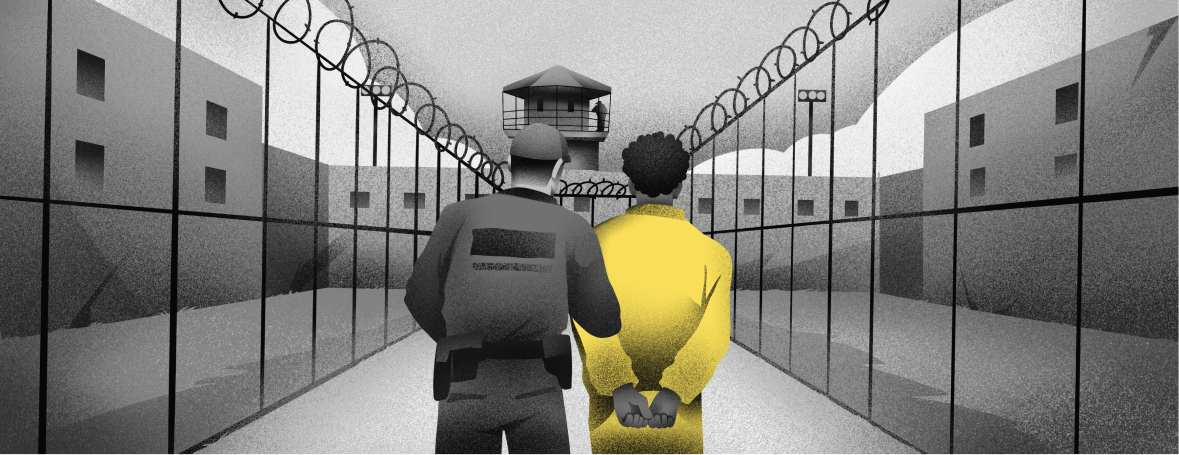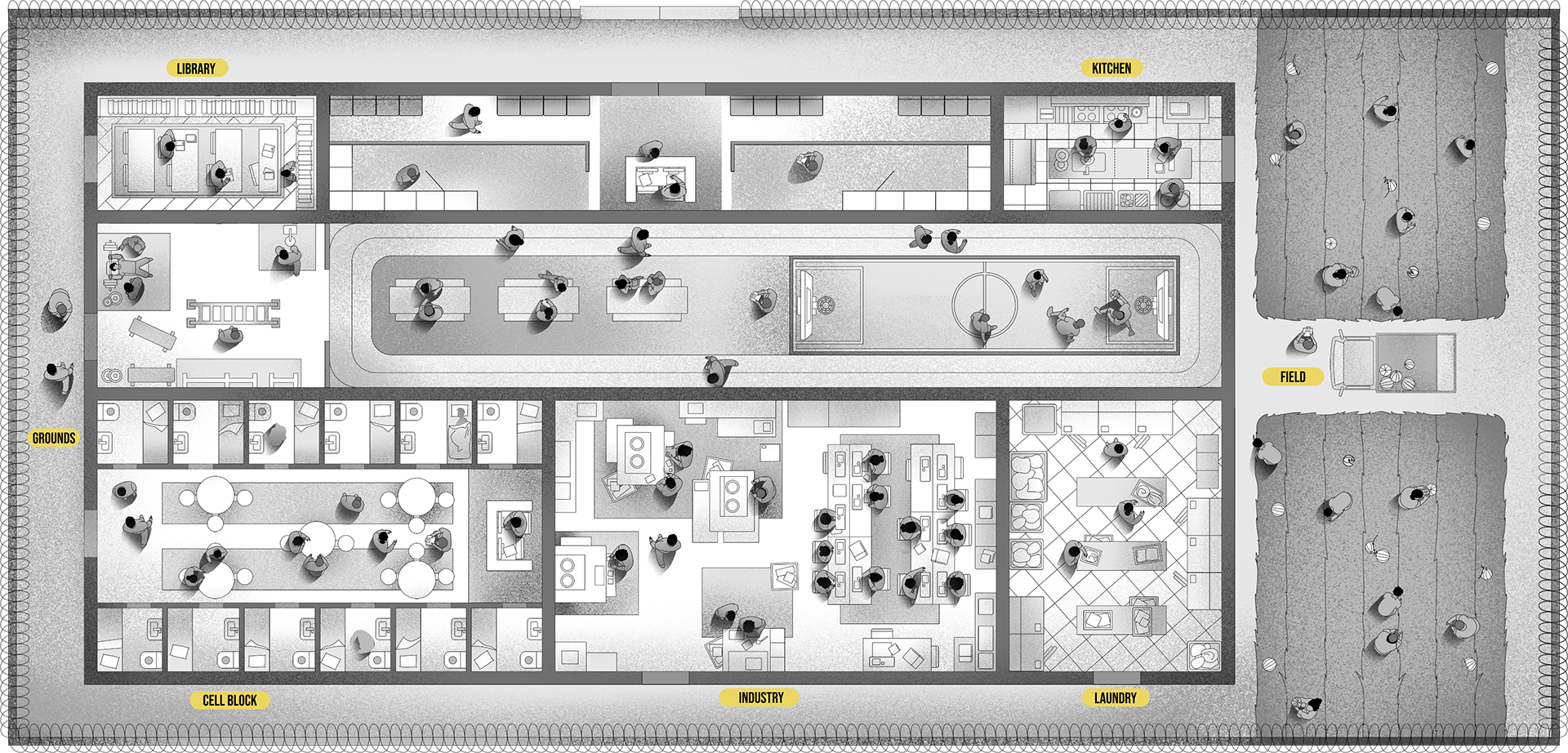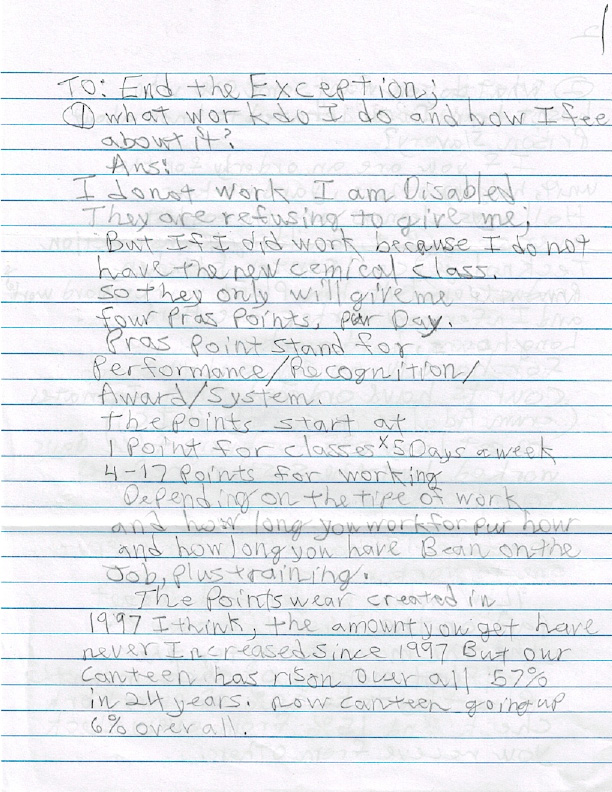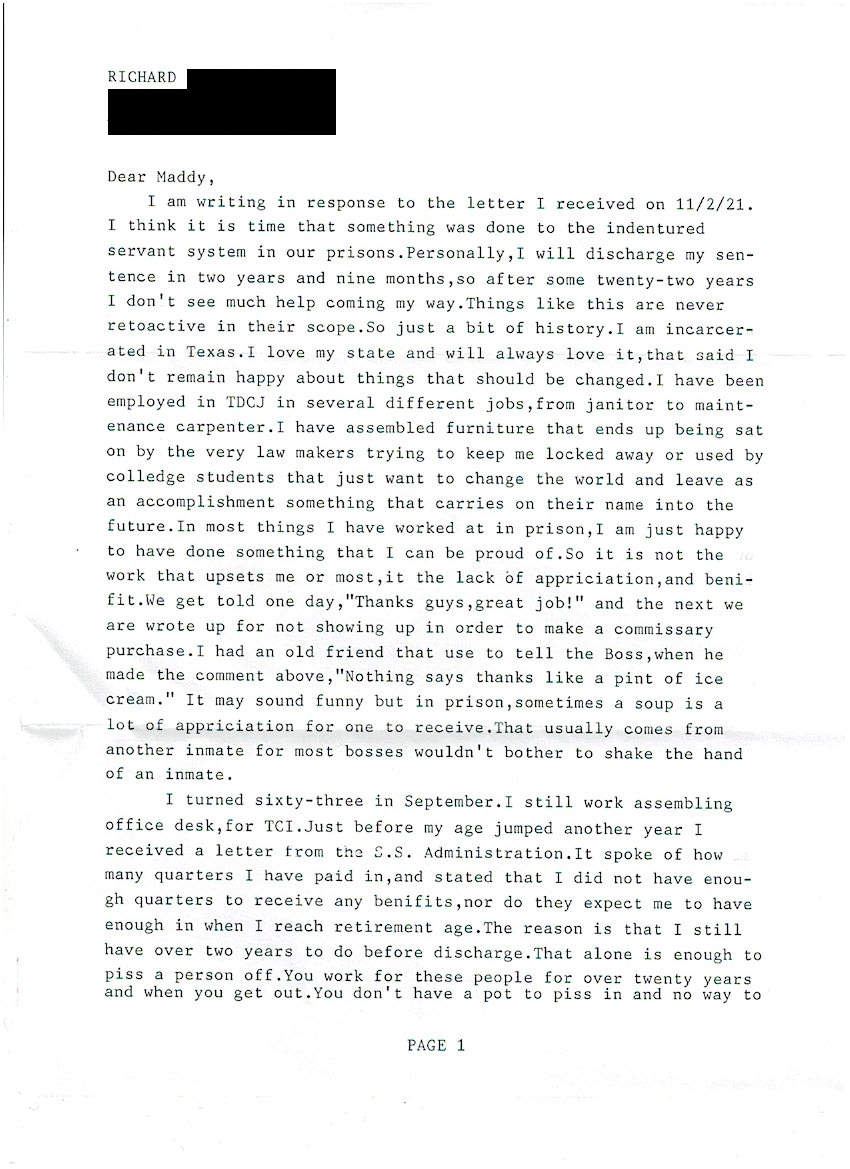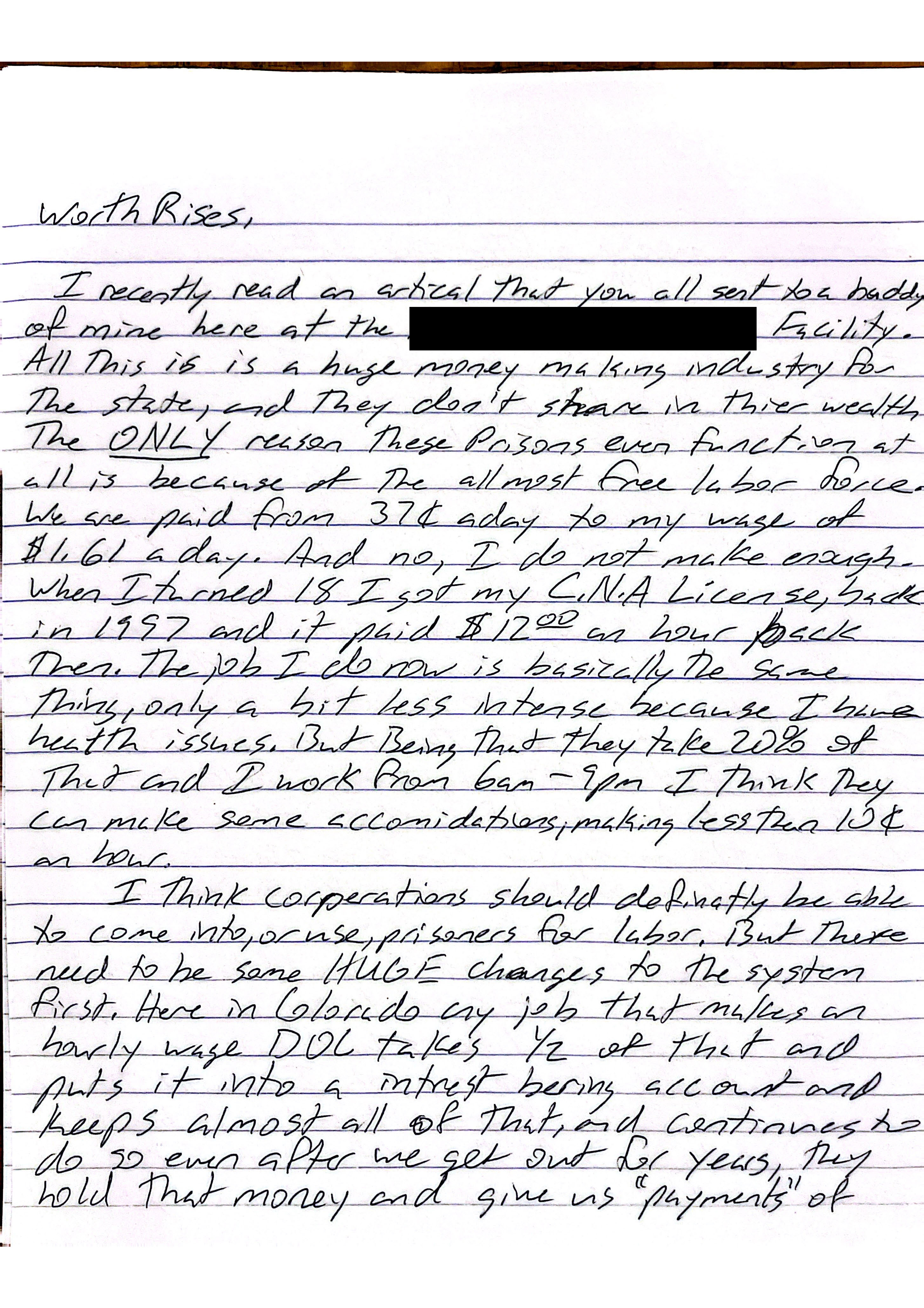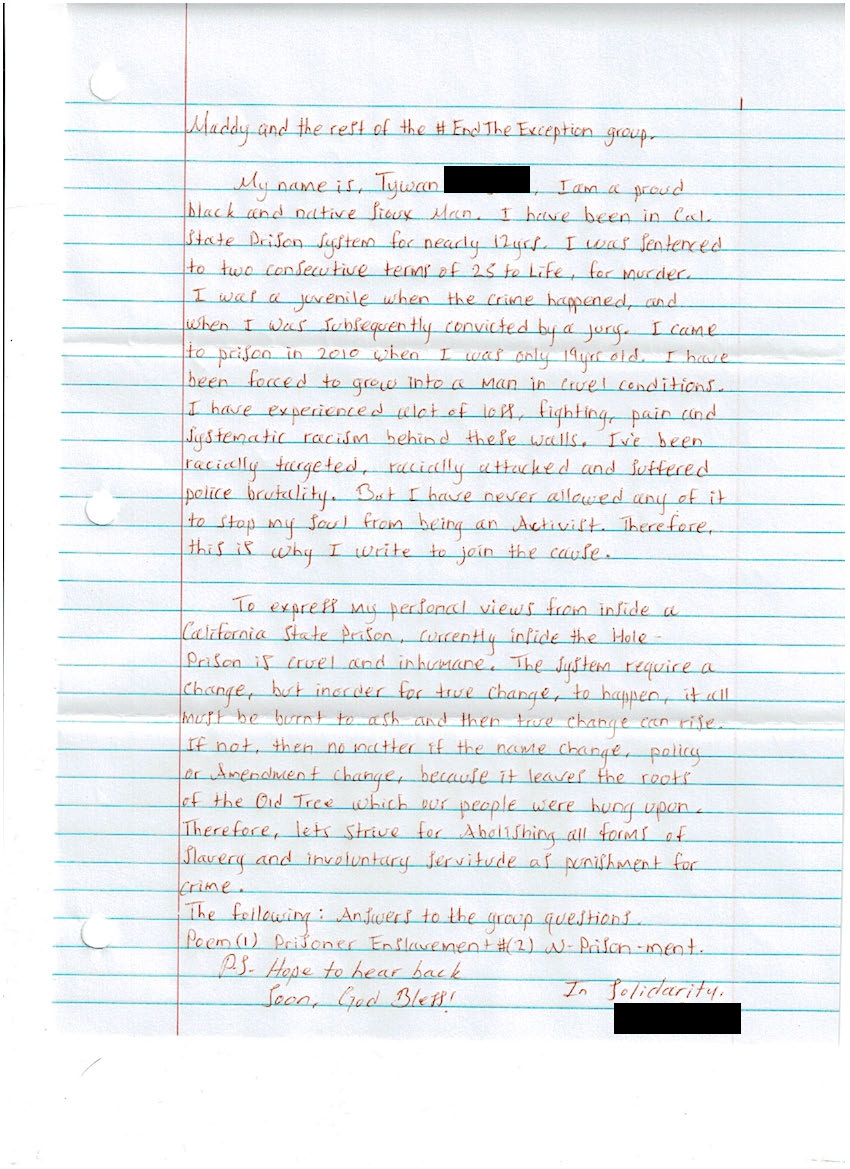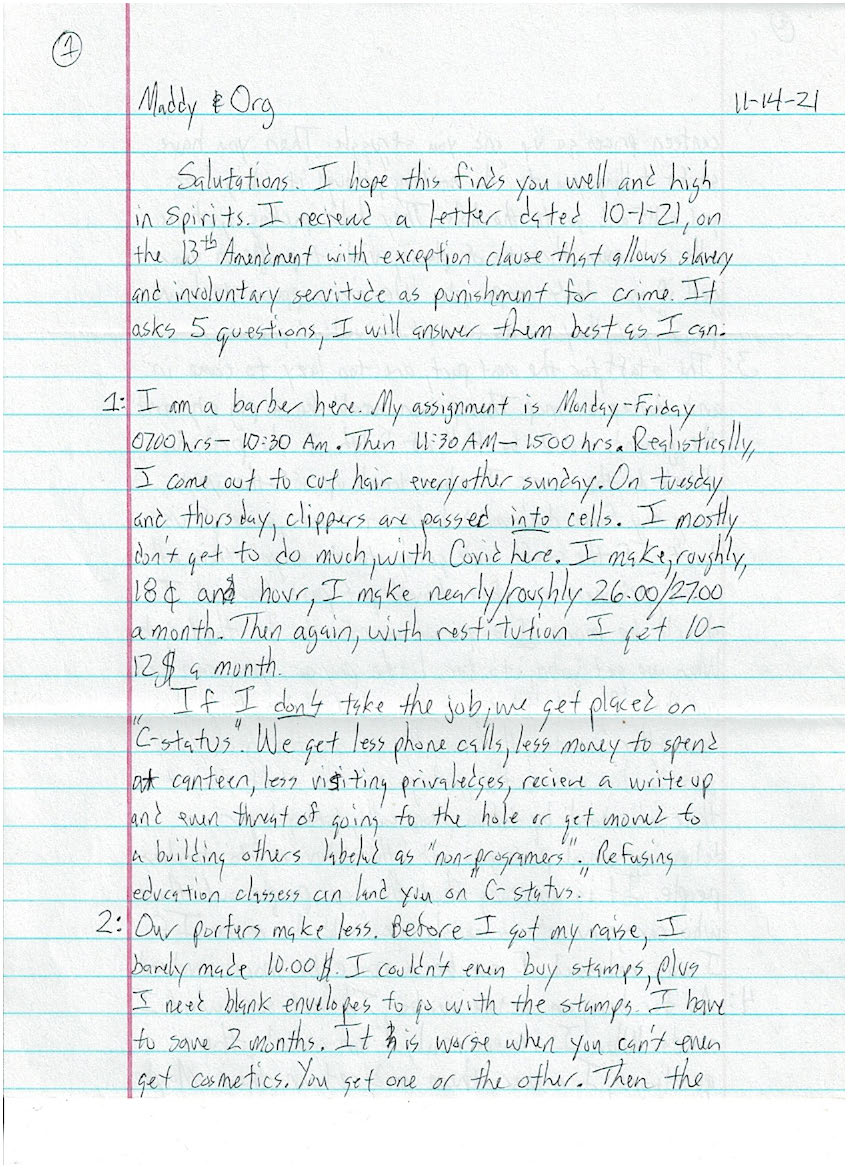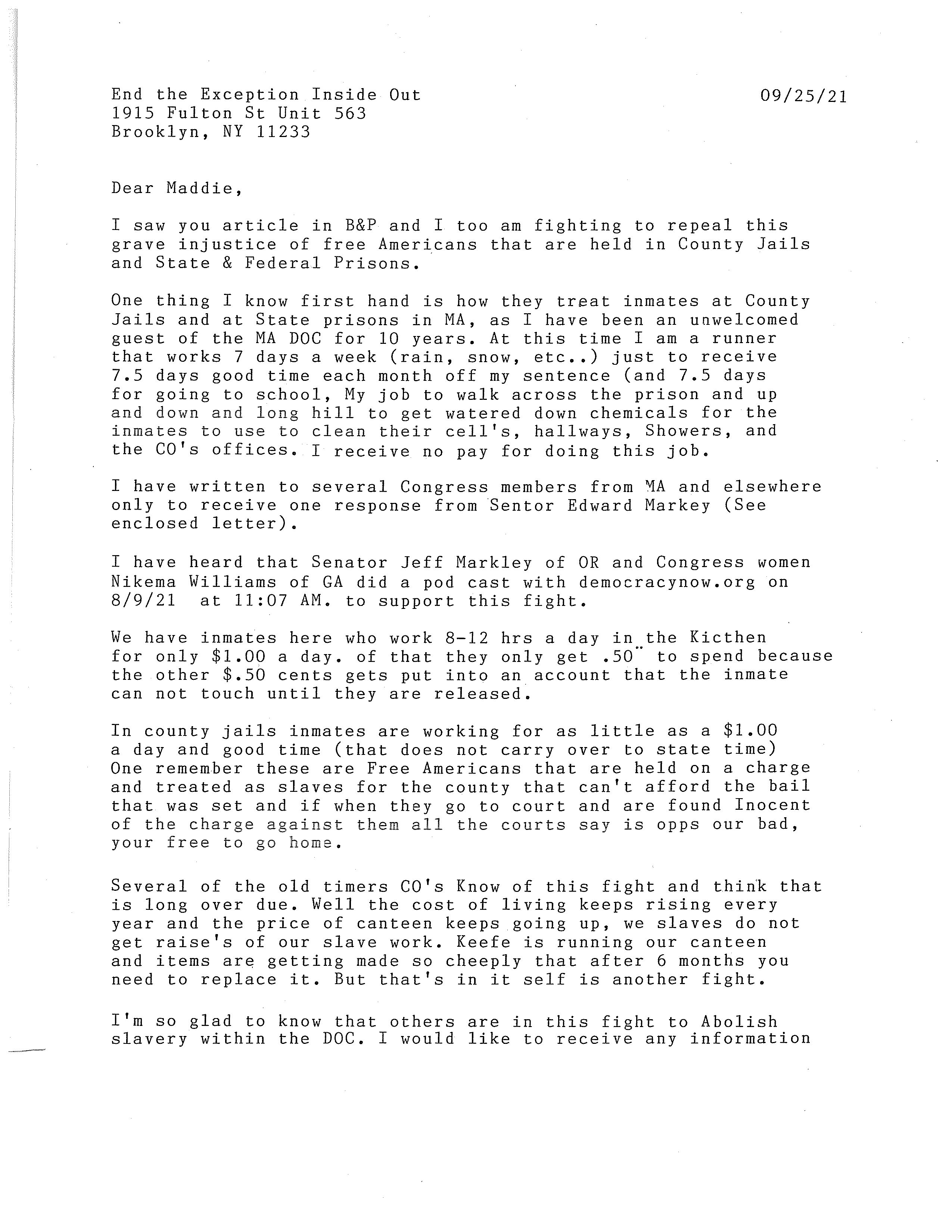People are being enslaved in U.S. prisons. These are their letters.
Featuring hundreds of letters collected by the #EndTheException campaign, this archive is a testament to the courageous resilience of the 800,000 incarcerated workers forced to labor and a record of the continuation of slavery in the U.S.
